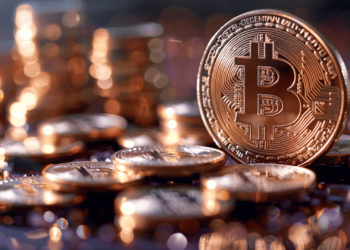MetaMask Portfolio takes a significant leap by rolling out a “sell” feature, allowing users to directly convert Ethereum into select fiat currencies, further strengthening its position as a key player in the digital wallet space.
New Selling Option for Ethereum Holders
In a bid to offer its users increased flexibility, MetaMask has unveiled a “sell” function. This development comes on the heels of the previously integrated “buy” feature, giving Ethereum holders the option to convert their digital assets into three major fiat currencies: US dollars, euros, and British pounds.
Limited Availability with Expansion Plans
Currently, the selling feature is confined to ETH on the Ethereum mainnet. However, MetaMask has hinted at future expansions, with eyes on incorporating other layer-2 networks and digital currencies. The details and timeline for these additions remain under wraps for now.
Users from select regions, notably the U.S., the U.K., and parts of Europe, can avail this function. Cashing out is made easy with options to transfer proceeds directly to one’s PayPal or bank account.
Navigating Third-Party Service Providers
Execution of this new feature leans on the expertise of third-party crypto-to-fiat service collaborators—MoonPay, Transak, Sardine, and Banxa. This means a small detour for users, as they are redirected to external platforms for transaction completion. The consolation? These providers furnish real-time ETH quotes, ensuring users get the most bang for their buck. Once everything is set and confirmed in the MetaMask wallet, users can expect to see their funds in their bank accounts in a matter of days.
Steady Expansion of MetaMask Services
It’s clear that MetaMask is not resting on its laurels. Beyond this latest feature, the wallet had recently introduced a “swaps” option. This innovative tool collates token prices from various decentralized exchanges, simplifying trades for users.
Earlier in March, MetaMask broadened its horizons with a platform tailored for businesses and institutional-level participants. This move was in response to the burgeoning interest in Ethereum staking, spurred by the Ethereum network’s “Merge” upgrade.










